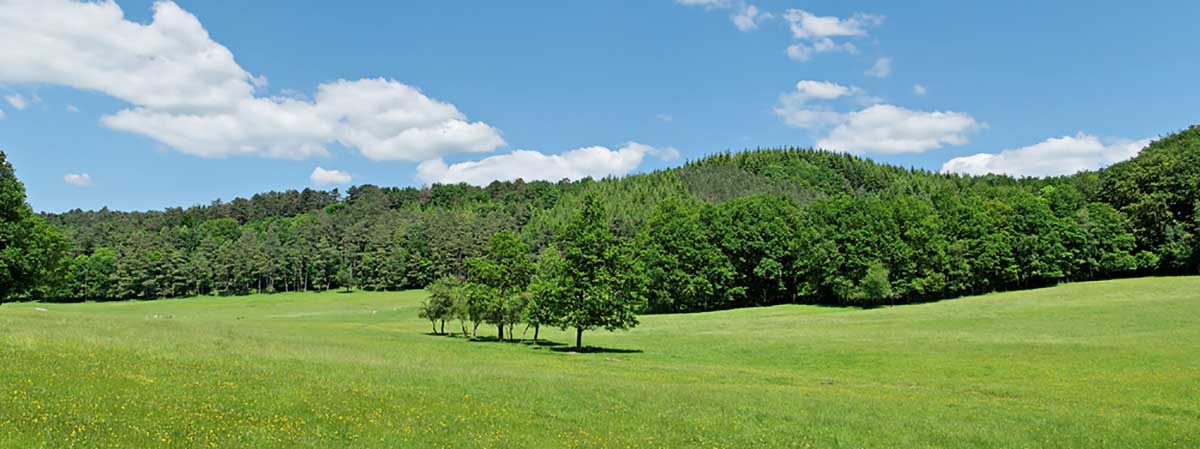
In 2010 over 4,000 people living in 100 different countries were surveyed about their family life by HSBC International, and Belgium came out top of the poll for a great lifestyle, better education for the children, a feeling of greater safety and a more active, outdoor life. Community spirit is high, the social life is good and there are plenty of opportunities.
Belgium was a founder member of the EU in 1952, and is a member of the Schengen Area. The capital is Brussels and the currency is the euro. There are three regions – Dutch-speaking Flanders (60% population), French-speaking Wallonia in the south and bilingual Brussels. A small German-speaking minority live in the east. The landscape varies from the flat coastal plains with a coastline of 67 km, and the hills and forests of the Ardennes in the south.
Although Britain is not a member of the Schengen Area, and therefore customs formalities apply, because we are members of the EU, there is little of consequence to concern the average Briton relocating to Belgium. There are no restrictions on the amount of currency you may bring in; medication must be for personal use only. Alcohol and tobacco are not restricted, although large amounts may be questioned. Coats, fur and leather shoes made from protected animals will need special authorisation.
If you are moving to Belgium with a dog, pets require their own pet passport, microchips, rabies vaccinations within 1 year, but not closer than 21 days, from departure, and up-to-date routine vaccinations. If you intend to bring the pet back to the UK you must ensure the rabies vaccinations are kept up to date.
You need to visit your local town hall to register within 10 working days of your arrival.
You will need:
They will give you a confirmation document, and you can expect a visit from the local police, who will verify your address. Only after that will you receive either a temporary permit for three months or an ID card, which lasts for 5 years. You need to carry this with you all the time – you can be fined if the police find you without it! You also need it for hospital visits, visiting the pharmacy, joining the library and various other times. Once you have your ID card you can get a European driving licence. Although your UK licence is valid, a European one may make dealing with police in the event of an accident a little easier. Your new licence will last 10 years, irrespective of your age.
You will need:
The constitution states that you have the freedom to speak whatever language you wish. The official language differs depending upon where in Belgium you live. In the north, Flemish or Dutch is spoken – they are very, very similar. In the south, the language is French, and in a small eastern area, German is the preferred language. Brussels is an area of its own, where both Dutch and French are used in official documents, workplaces and around the town. Many people also speak quite good English!
In the areas around Brussels, which is itself in the Flemish part of Belgium, the locals do try to preserve Dutch as the language of choice and you may find local regulations designed to aid this. Here the street signs are in Dutch, work is carried out in Dutch – but the airport and tourist centres are permitted to use French, German and English as well as Dutch. (belgium for immigrants)

You will find that in Flanders, Dutch is the language at work, documents are written in Dutch, and when your boss speaks to you he/she is supposed to speak Dutch (although your reply may not be). Schools are taught in the language of the area, but there are choices for parents, especially in Brussels. In Wallonia, there are “Immersion Schools” where Dutch is used for some general subjects, and in Flanders there are schools where other languages may be used – and the use of English is increasing. The great thing is that children seem able to absorb languages easily, and unless your French and Dutch are very good, they will soon be translating for you.
It is cheaper to buy a house in Belgium than in many other European countries, except in Brussels. But there are tax costs to add, which are usually around 17% of the purchase price. Prices range from around £103,000 for a house, to £72,000 for a flat and £157,000 for a town house.
You can get an up-to-date costing from the following site: Belgium Properties. You will need to budget for a registration tax of between 5 and 12.5% depending on the area you choose and the value of the house. In Brussels, the first 45,000 euro is exempt from registration tax. Your mortgage is also taxed when you register it. You need to pay a fee to the mortgage lender. The notary fees come to about 1.6% of the value of the property, and are fixed by the state.
However, once you are an owner-occupier, you gain certain tax advantages. Interest on your mortgage, capital repayments and mortgage insurance can be deducted from your taxable income – up to 2,550 euro – at present.
Once you have found a house you like, these are the steps you need to take:
As soon as possible after your move, you need to apply for your social security card. You will need to register with one of the insurance companies (Ziekenfonds or Mutuelle). These are politically aligned, and they administer the social security system. They will issue you with your social security card, which has a microchip with all your details on it. Every time you visit the doctor, pharmacist, hospital or clinic, you will need this card. You can also use it for auxiliary services like podiatrists and physiotherapists. You will either pay the full bill up front, and the society will repay you a proportion, or you will simply pay a proportion and the society will pay the rest of the amount due directly.
There are different degrees of cover available, so think carefully as to what you want and can afford. A word of warning here. Most insurance levels do not cover a single room in hospital. When you book in to hospital, you will be offered a choice. Unless you are covered for this, do not take the single room option unless you want your bills, paid by you, to dramatically increase. The thinking seems to be that if you want a private room, then you may have to pay dramatically more for the surgeon, the accommodation, the anaesthetist and anyone else concerned with your care.
While the medical care is excellent, there is another little quirk you should be aware of. The doctor seems to do everything him/herself; make the appointments, accept telephone calls at all times, act as receptionist – except at the clinics where you have to pay before you get to the waiting room. And the hospital notes may not follow you around as they do in the UK – you need to keep your own accurate and detailed records! You may find the care a little fragmented as there are expensive diagnostic machines in some small clinics to which you may be referred – keep records! One good thing for us is that many doctors speak good English and are happy to practise it.
Your ability to find work depends upon your language skills. English is a bonus, but you need to be fairly fluent in French or Dutch – preferably both in Brussels. Since the European parliament and the European Union are both based in Brussels, you might think it easy to find a job there – but it isn’t. You need to pass a series of examinations even to become listed on a reserve list. The process takes around a year and a job is not guaranteed after this. However, there is work available. You could start by checking the national newspapers – Laatse Nieuws or Le Soir, as well as the website: Jobs Expatica. There are also employment agencies.
Normally, in Belgium, you have to work for a full year before you are entitled to paid holidays. Then you will get a minimum of 20 days plus 10 national holidays. You are also likely to be subject to a probationary period which varies according to the job.
The UK state pension is valid in Belgium, but UK pension credit is not. If you are a pensioner, you need to inform the IPC (International Pension Centre) to prevent problems with your pension payments (phone 0191 218 7777). If you live in Belgium but have never worked there, you should claim your UK pension by contacting the International Pension Centre. If you have ever worked in Belgium you must apply via the Belgium National Pension Office – the form will be in Dutch, French or German. They will forward your form to the IPC. If you try to claim directly with the IPC they will probably reject your claim. As long as you have worked at least 30 years – anywhere – you are entitled to a state pension and you can top up your pension with your social security company.
Belgium has an excellent, integrated transport system. The trains run on time and are clean, with computer points on some seats. It is not expensive, unless you are going cross-border, when the prices hike up.
There are three international airports – Brussels, Charleroi Brussels South and Deurme-Antwerp Airport. The rush hour traffic on the Brussels ring road when trying to access Brussels airport can make for substantial delays. Charleroi is quieter. The Eurostar goes to Brussels and onward train transfers are easy with clear signs. Both trains and buses display where they are and the next stop. Brussels and Antwerp have trams which have right of way at all times. Bus passes are available at cut rates for the elderly – free if your pension is very small when your social security insurer will give you an “attestation” on request.
Note that in Brussels there are three companies, Central, Flanders and Wallonia – and tickets are not interchangeable! You can buy multiple tickets from metro stations and special booths, or single ones from the driver – and all tickets must be stamped in the orange boxes within an hour before travelling and at each change.
Driving in Belgium can be pleasant, but their accident rate is about twice that in UK, mostly due to speeding. Speed traps are not uncommon. You must register your vehicle before you can legally drive it but your UK licence will suffice until you find time to get a European one – which is recommended. Beware the priority from the right rule, and watch out at roundabouts as the Belgium signalling is not always what we expect.
Documents you MUST carry
Equipment you MUST carry
Forbidden
There is much more to Belgium than beer and chocolate. There are 67 km of sandy beaches, the cultural centres of Brussels and other major cities, the beauty of Bruges, and the walking, canoeing, cycling and other sports centred in the Ardennes. The warmer weather lends itself to a more open, outdoor life than is often enjoyable in the UK. If you are prepared to let your hair down and join one of the many clubs on offer – from patchwork to woodwork, war memories to contemporary literature – you will almost certainly find the right niche for you (and improve your language at the same time?) And if the right niche isn’t there – start your own club.
Tourist information centres have a generous amount of information on the sites to visit, and the local library will have details of the culture – theatre, music, art, exhibitions on such topics as lace-making, sculpture, architecture and many other treats for you to enjoy. Social and family life are good in Belgium, the people know how to enjoy themselves, and are usually pleased to welcome in newcomers.
There are several sites where you can get information about expat clubs, news and communities.
These three sites will give you a taste of what is available.
Learn the language of your area and be respectful of the other language areas. This way you will assimilate rather easily into Belgium life.
Contribution by Michael Pawlicki
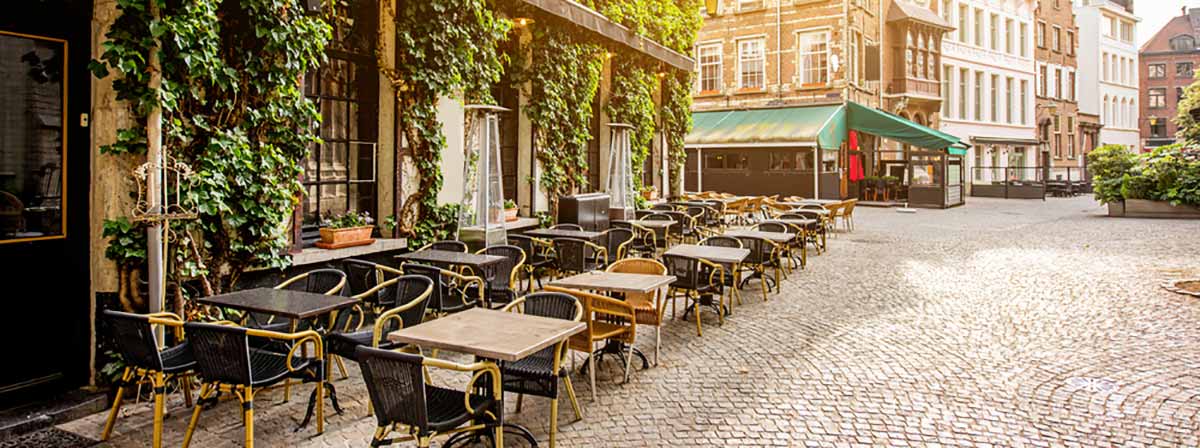 British Expats in Belgium – basic information about living in Belgium after you relocation
British Expats in Belgium – basic information about living in Belgium after you relocationBritish Expats in Belgium – basic information about living in Belgium after you relocation When you move…
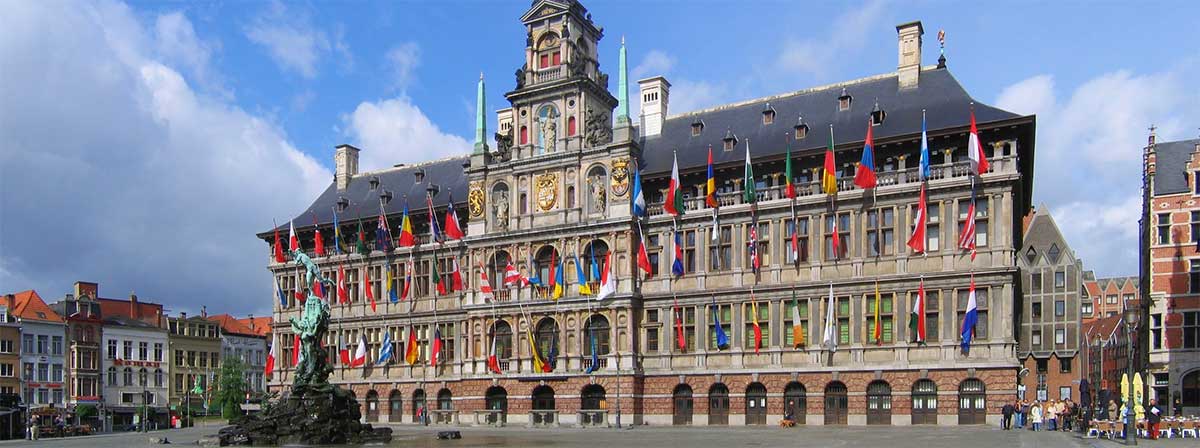 How to get social insurance in Belgium after you move from the UK
How to get social insurance in Belgium after you move from the UKHow to get social insurance in Belgium after you move from the UK One of the very…
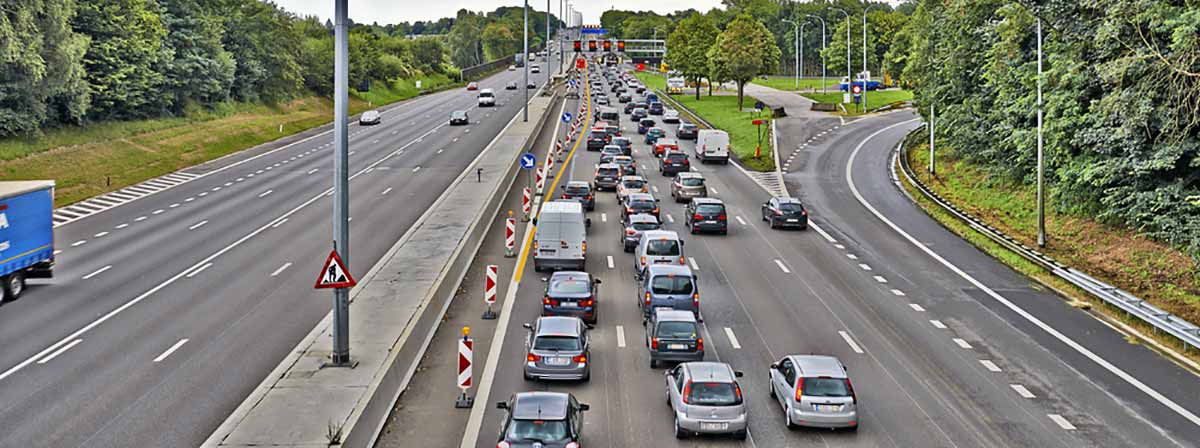 Driving in Belgium – basic information for people who moved from UK to Belgium
Driving in Belgium – basic information for people who moved from UK to BelgiumDriving in Belgium – basic information for people who moved from UK to Belgium After you move…
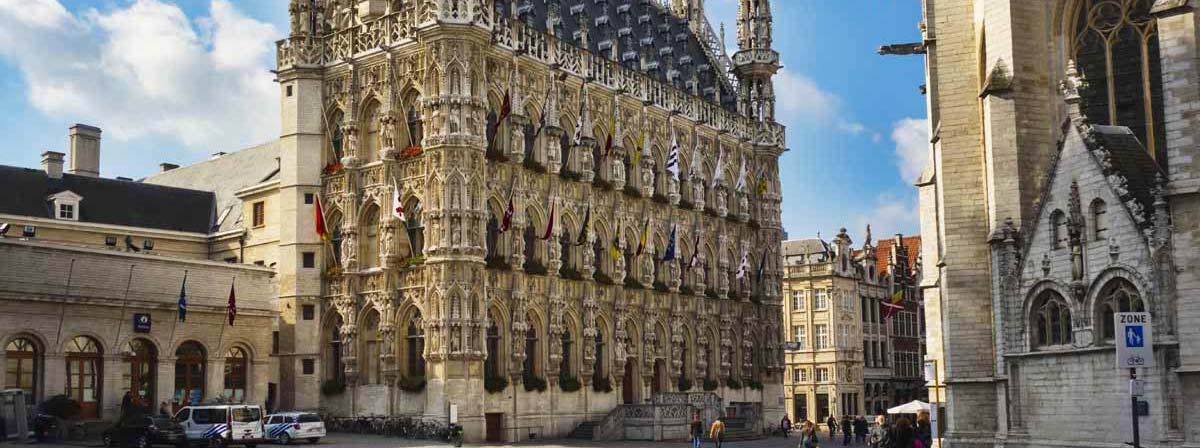 Life in the Biggest Belgium Cities after moving from UK
Life in the Biggest Belgium Cities after moving from UKLife in the Biggest Belgium Cities after moving from UK Belgium is a small country, but do…